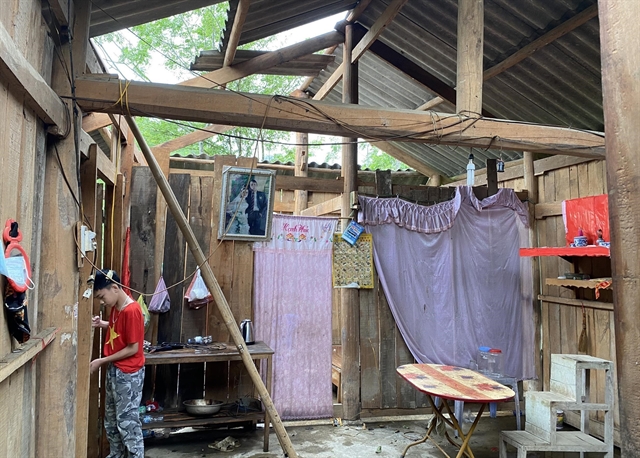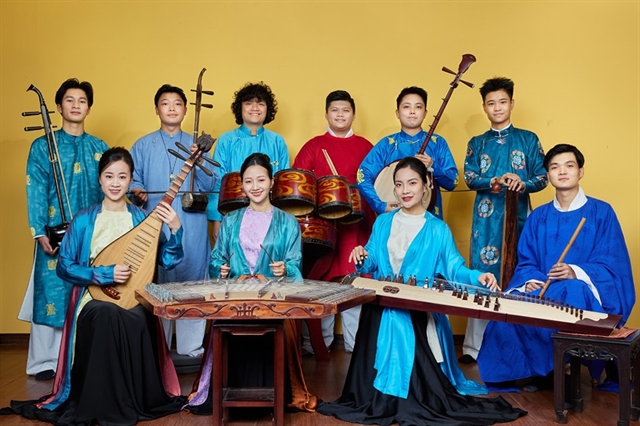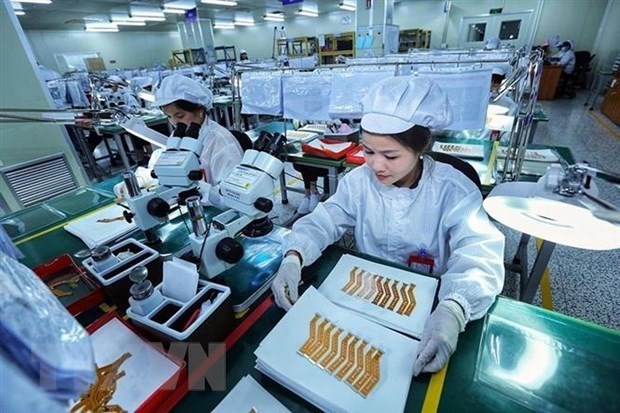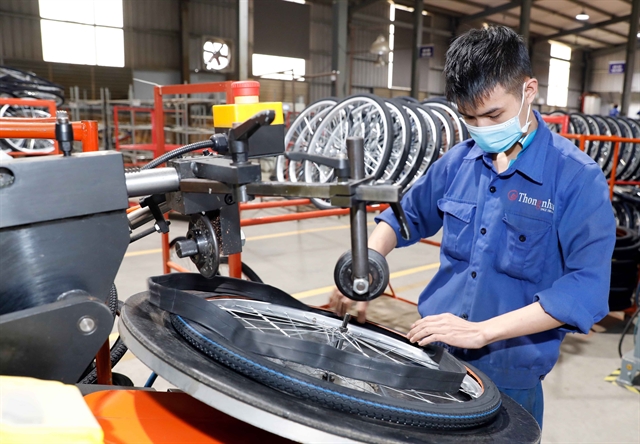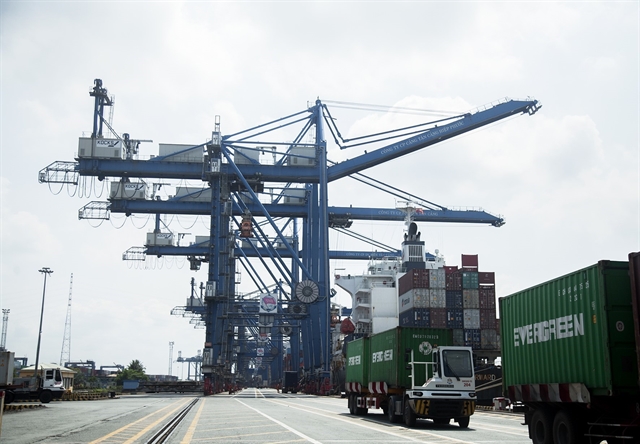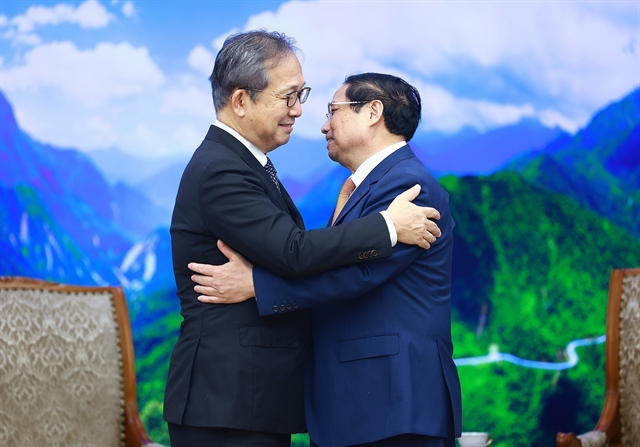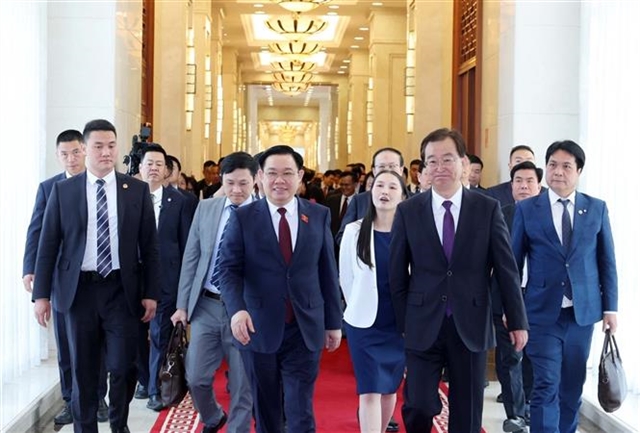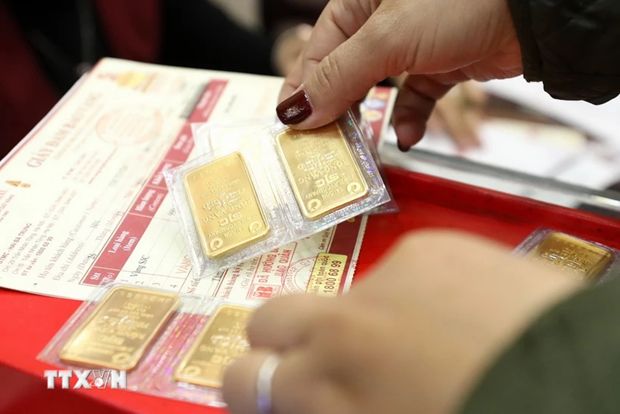 Politics & Laws
Politics & Laws

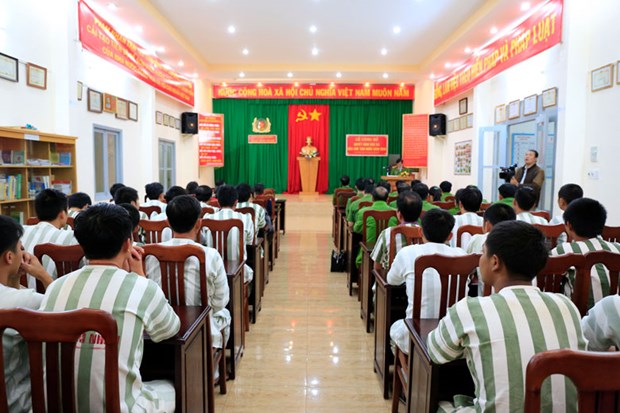
|
| Illustrative image. Photo chinhphu.vn |
HÀ NỘI – President Nguyễn Xuân Phúc has signed a decision to grant amnesty to more than 3,000 prisoners.
The recipients are 3,026 inmates who are serving jail terms and nine others whose sentences have been delayed or suspended.
The decision will take effect on September 1.
Out of 3,026 prisoners who have been granted amnesty this time, there were 283 sentenced for crimes relating to economic management. They have paid VNĐ24 billion in civil judgments and reimbursements.
Notably, among the amnesty list of 2021, there were 21 foreign nationals.
The Prime Minister, the President and members of the Advisory Council on Amnesty, the Chief Justice of the Supreme People's Court, the Procurator General of the Supreme People's Procuracy, and the Chairman of the Presidential Office are responsible for the implementation of the decision.
The Central Advisory Council on Amnesty (CACA) convened a meeting on August 23 to review the list of inmates nominated for amnesty on a case-by-case basis before it was submitted to President Nguyễn Xuân Phúc for approval.
The beneficiaries include those who are serving their fixed-term sentences in jail, those who have life sentences reduced and those who have sentences suspended.
They must show good conduct, serve at least half of their fixed-term sentences, and at least 15 years for those who have their life sentences reduced to fixed-term sentences.
Speaking at a meeting to announce the President's decision on amnesty in 2021, Deputy Chairman of the President's Office Phạm Thanh Hà said that in the past, the Party and State had conducted many rounds of amnesty for prisoners who had made good progress in rehabilitation.
The amnesty decision in 2021 once again affirmed the leniency policy of the Party and State of Việt Nam and the nation's humanitarian tradition towards offenders, encouraging them to repent and become good citizens, Hà said.
The process of considering amnesty decisions are strict, transparent, fair, accurate, and in accordance with the law.
Hà said: “Unlike the previous years, the decision on amnesty this time has stricter regulations, therefore, the number of prisoners who have been granted amnesty this time is also less than previous pardons."
In order to carry out the special amnesty work, the President signed a decision to establish the Special Amnesty Advisory Council, chaired by the Deputy Prime Minister and the members who are representatives of the Ministry of Public Security, Ministry of National Defence, Office of the President, Office of the Government, People's Supreme Court, People's Supreme Procuracy, Ministry of Foreign Affairs, Ministry of Justice, Central Committee of the Việt Nam Fatherland Front.
After that, the Ministry of Public Security held training conferences on amnesty work from central to local levels; at the same time, all levels, branches, and localities made specific plans for implementation.
During the special amnesty consideration, the standing agency of the Special Amnesty Advisory Council organised working groups to visit prisons and detention camps to inspect, urge and direct the amnesty consideration in accordance with the law.
“When considering amnesty, it must comply with the principles of ensuring strictness, transparency, democracy, the right subjects, and the right conditions so that all eligible inmates can be considered," Hà added.
The criminal policy of the Vietnamese Party and State for those who commit crimes is strict punishment combined with leniency. The State conducts punishment not only for the sake of punishing but also to help them become useful individuals in society once they have served their time.
The Government has directed the Ministry of Public Security and the people's committees of the provinces and centrally-run cities to implement measures and policies to help prisoners who are granted amnesty or parole to return to their places of residence.
Specifically, detention centres have organised many classes to prepare for community reintegration for the prisoners who are proposed for amnesty in 2021; organise vocational training, classes providing social knowledge, law, and community reintegration skills for prisoners.
Party committees and local authorities have directed sectors at all levels not to discriminate against those released from prison in the implementation of social policies such as creating jobs, giving loans so that they can make a living.
The reception of prisoners who are granted amnesty, and those who have been released from prison in general, and reintegrate into the community in the locality, requires the joint efforts and consensus of all levels, sectors, and mass local organisations.
“Amnesties are opportunities for inmates to reflect on the mistakes they have committed, self-assess the results of their rehabilitation, resolutely let go of their past sins, and strive to become useful citizens for society,” Hà said. VNS

